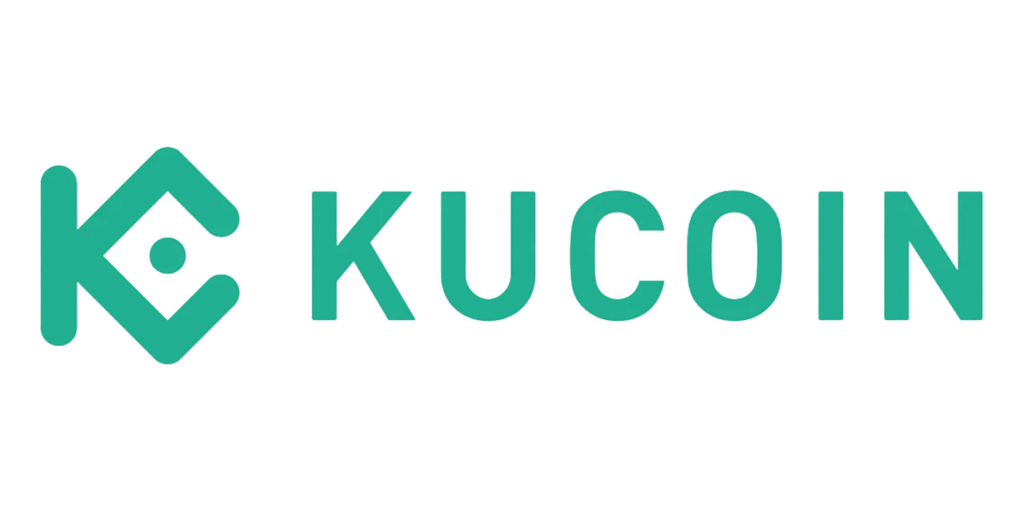Summary
Cryptocurrency is legal in Germany, with Bitcoin recognized as a financial instrument. Popular payment methods include SEPA transfers and credit cards. The euro (EUR) is widely supported on crypto platforms. BaFin, Germany’s financial regulatory authority, oversees crypto activities. The country has implemented strict KYC and AML regulations for crypto businesses. Here are the best crypto exchanges for German users:
Best Crypto Exchanges in Germany
Germany has emerged as a significant player in the European cryptocurrency market, with a growing number of investors seeking reliable platforms to trade digital assets. This article examines the top crypto exchanges available to German users, considering factors such as supported cryptocurrencies, trading fees, deposit methods, and compliance with local regulations.
For German investors, SEPA transfers are often the preferred method for depositing euros, offering low fees and quick processing times. Credit card deposits are also widely supported, providing a convenient alternative for those seeking instant funding options.
1. Bitget
2. MEXC
3. KuCoin
4. Coinbase
5. BloFin
Is Crypto Legal and Regulated in Germany?
Cryptocurrency is legal in Germany, with the country taking a progressive stance on digital assets. In 2020, the German Federal Financial Supervisory Authority (BaFin) officially classified cryptocurrencies as financial instruments, providing a clear regulatory framework for the industry.
Germany has implemented the EU’s 5th Anti-Money Laundering Directive (AMLD5), requiring crypto businesses to obtain licenses from BaFin. This regulation ensures that crypto service providers adhere to strict Know Your Customer (KYC) and Anti-Money Laundering (AML) protocols, enhancing the security and legitimacy of the German crypto market.
The German Money Laundering Act (Geldwäschegesetz) has been updated to include specific provisions for crypto assets, further solidifying the legal status of cryptocurrencies in the country. Additionally, the German Banking Act (Kreditwesengesetz) now recognizes crypto custody as a financial service, requiring providers to obtain authorization from BaFin.
These regulatory measures have positioned Germany as a leader in crypto regulation within the European Union, providing a secure environment for investors while fostering innovation in the blockchain and cryptocurrency sectors.
Is Crypto Taxable in Germany?
Cryptocurrency taxation in Germany is subject to specific rules and regulations. The German Federal Ministry of Finance (Bundesministerium der Finanzen) has provided guidance on how cryptocurrencies are taxed, which varies depending on the nature of the transaction and holding period.
For individual investors, cryptocurrencies held for more than one year are considered tax-free. However, if the assets are sold within one year of acquisition, they are subject to capital gains tax. The tax rate ranges from 14% to 45%, depending on the individual’s total income. Additionally, there’s a tax-free allowance of €600 per year for crypto gains.
Mining and staking rewards are typically considered taxable income and must be reported. The value of the cryptocurrency at the time of receipt is used to calculate the taxable amount. For businesses dealing with cryptocurrencies, the tax treatment depends on the specific activities and corporate structure.
Disclaimer:
Tax laws are subject to change, and individual circumstances may vary. It is strongly advised to consult with a qualified tax professional or financial advisor for personalized guidance on cryptocurrency taxation in Germany.
How to Buy Crypto in Germany
Purchasing cryptocurrency in Germany has become increasingly accessible, with numerous platforms catering to German investors. For those looking to enter the crypto market, we recommend Bitget as a top choice due to its extensive selection of cryptocurrencies and competitive fee structure.
Whether you’re interested in acquiring Bitcoin, Ethereum, or other digital assets, the process of buying crypto in Germany typically follows these steps:
- Select a Crypto Exchange: Choose a trustworthy platform that facilitates euro deposits and adheres to German regulations. Ensure that the exchange offers your preferred payment options and complies with KYC requirements.
- Sign Up and Verify Identity: Register for an account on the selected exchange. Complete the KYC process by submitting required documents, such as a government-issued ID and proof of address, to comply with German AML laws.
- Deposit Funds: Fund your exchange account with euros. Common methods for German users include SEPA transfers, which have low fees and fast processing times. Credit card deposits are also commonly accepted for instant funding.
- Select Cryptocurrency: Decide on the digital asset you wish to buy. Popular choices among German investors include Bitcoin (BTC), Ethereum (ETH), and stablecoins like Tether (USDT) or USD Coin (USDC).
- Execute Trade: Place a market or limit order to purchase your chosen cryptocurrency. Check the transaction details, including fees and exchange rates, before confirming your purchase.
- Store Funds Securely: After acquiring your crypto assets, consider moving them to a secure wallet for long-term storage. This step is vital for safeguarding your investment against potential security threats on the exchange.
By following these steps and selecting a reliable exchange, German investors can confidently navigate the cryptocurrency market while complying with local regulations and best practices for managing digital assets.
Best Crypto Wallets in Germany
Selecting a secure and user-friendly crypto wallet is crucial for German investors looking to safeguard their digital assets. Here are some top wallet options available to users in Germany:
- Ledger: A leading hardware wallet provider, Ledger offers cold storage solutions like the Nano X and Nano S Plus. These devices provide offline security for a wide range of cryptocurrencies, making them ideal for long-term storage and high-value holdings.
- Trezor: Another reputable hardware wallet manufacturer, Trezor offers models like the Model T and Model One. These devices support numerous cryptocurrencies and integrate with various desktop and mobile applications for enhanced usability.
- Trust Wallet: A popular mobile wallet, Trust Wallet supports a vast array of cryptocurrencies and tokens. It offers features like in-app exchanges and DApp browsing, making it suitable for active traders and DeFi enthusiasts in Germany.
- Exodus: A versatile desktop and mobile wallet, Exodus provides a user-friendly interface and supports over 150 cryptocurrencies. It offers built-in exchange functionality and integrates with Trezor hardware wallets for added security
- MetaMask: A browser extension and mobile wallet, MetaMask is particularly popular among Ethereum and ERC-20 token users. It serves as a gateway to decentralized applications (DApps) and is widely used in the DeFi ecosystem.
When selecting a wallet, German users should consider factors such as security features, supported cryptocurrencies, ease of use, and compatibility with local exchanges. Hardware wallets like Ledger and Trezor offer the highest level of security for long-term storage, while software wallets like Trust Wallet and MetaMask provide convenience for frequent transactions and DApp interactions.
It’s important to note that while these wallets offer robust security features, users must also practice good cybersecurity habits, such as securing private keys, using strong passwords, and being cautious of phishing attempts. By choosing a reputable wallet and following best practices, German crypto investors can ensure the safety of their digital assets while complying with local regulations.
Bottom Line
For German investors seeking the best crypto exchanges, Bitget stands out as our top recommendation, offering a wide range of cryptocurrencies and competitive fees. MEXC follows closely as our second choice, providing high liquidity and numerous trading pairs. These platforms cater to the needs of German users, supporting SEPA transfers and complying with local regulations. By choosing reputable exchanges and following proper security measures, German investors can confidently participate in the growing cryptocurrency market.







